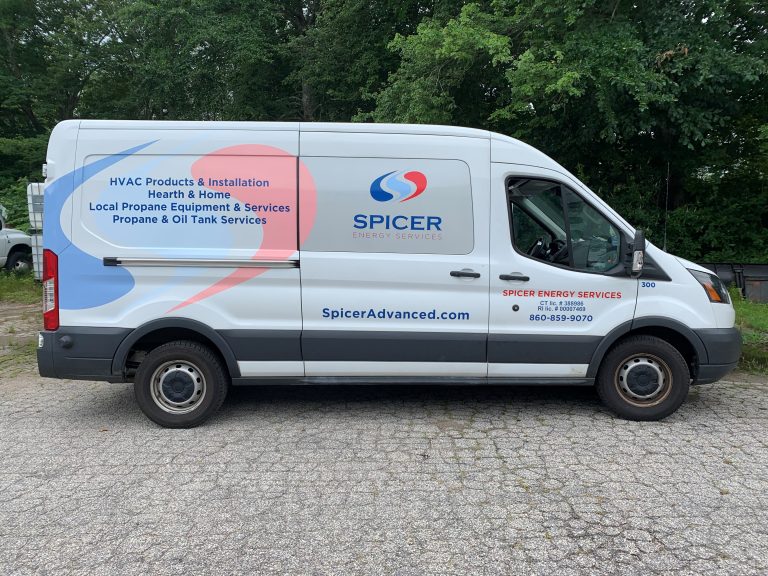What Impacts Your Furnace’s Performance?
Whether it’s through general use, wear-and-tear, or an event that left it damaged, your furnace will one day need to either be repaired or replaced. A number of factors can be in effect, such as the furnace’s age, past issues or repairs, whether it’s an oil or gas furnace, and more, but knowing what to do starts with knowing what you have.
Types of Furnaces
Before you can determine if there is anything wrong with your furnace, you need to know what kind you have. There are generally four types:
- Natural gas furnaces have up to 98% fuel efficiency and last around 18 years
- Oil furnaces usually have 80%–90% fuel efficiency and last up to 25 years
- Propane furnaces can have 98% fuel efficiency and last at least 15–20 years
- Electric furnaces have up to 100% fuel efficiency and last around 30 years
Each has its own benefits and drawbacks, and knowing which type you have and what its fuel source is, is the first step to knowing if it needs replacing or servicing.
Determining If There’s an Issue
There are many reasons why a furnace may not be operating properly. Common issues include malfunctioning electronics or clogged components. Some problems may be less obvious, such as a cracked heat exchanger or worn-out bearings. These issues are not easily noticeable, especially if you’re not familiar with furnaces.
The easiest way to determine if something has gone wrong is through the heat output. If you notice that your home isn’t heating as quickly or as well as it used to, chances are that your furnace is malfunctioning and will likely need to be checked by a professional.
Some problems may also be dependent on your furnace type. Natural gas furnaces can sometimes have broken thermostats or discolored pilot lights, while electric furnaces can suffer from malfunctioning electronics or loose wiring. Other issues are ones shared by all types, like clogged filters. But despite the reason, the results are usually the same—less heat being delivered to your home.
Repair or Replacement?
Once you have determined that there is an issue, whether it be on your own or through a professional. You’ll need to decide whether your furnace will need to be serviced or replaced.
In most cases, servicing will be the best option for a malfunctioning furnace. Repairing is cheaper and less time-consuming than buying a new furnace, and replacement is typically not necessary unless in extreme instances, such as the furnace being irreparably damaged.
The time when you will want to consider replacing your furnace is if your current one is old and costly. Heating technology has advanced rapidly over the past few decades. Where older furnaces may have had around 65% fuel efficiency, modern furnaces range from 80%–98% fuel efficiency, with some electric furnaces even capable of reaching 100% efficiency. Though the upfront cost may be high, getting a newer furnace is something to consider if you want to burn less fuel and save money in the long run.
How to Service Your Furnace
Spicer Energy Services provides a number of HVAC and residential oil and propane services for our customers. Our service team can help ensure that your heating systems are functioning as efficiently as possible and detect issues before they happen—saving you time and money.
Scheduling Your Maintenance
On average, standard checkups should be scheduled once or twice a year. For more information on the maintenance available from Spicer Energy Services and our partners, contact us today.

